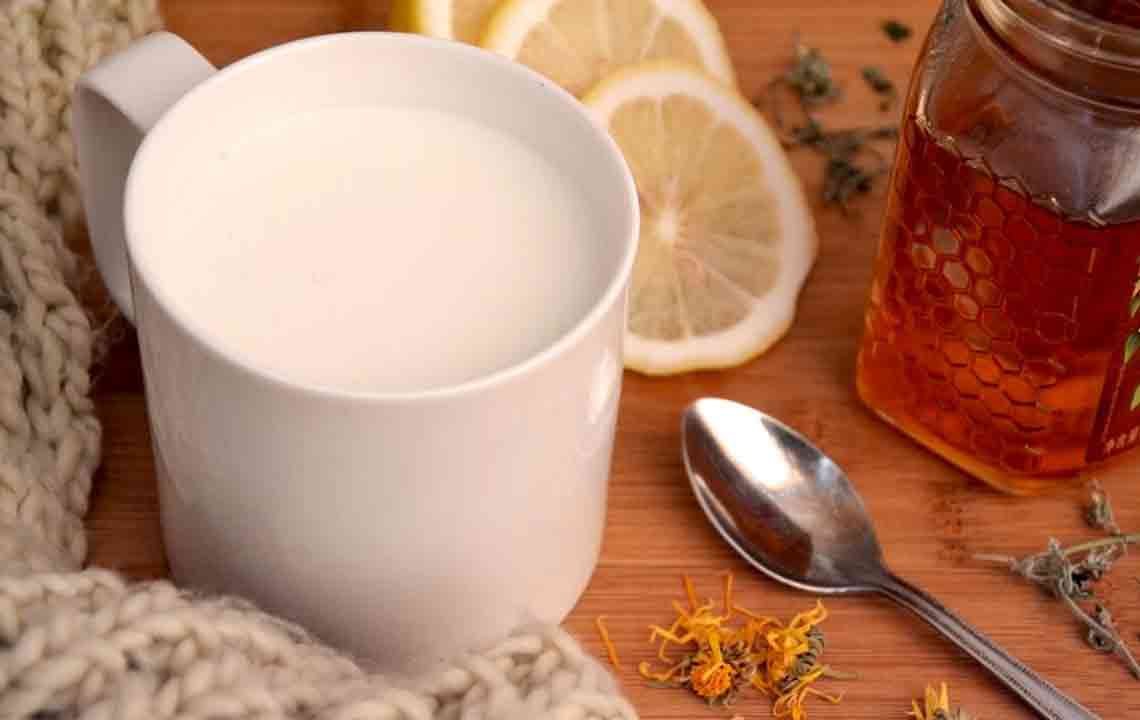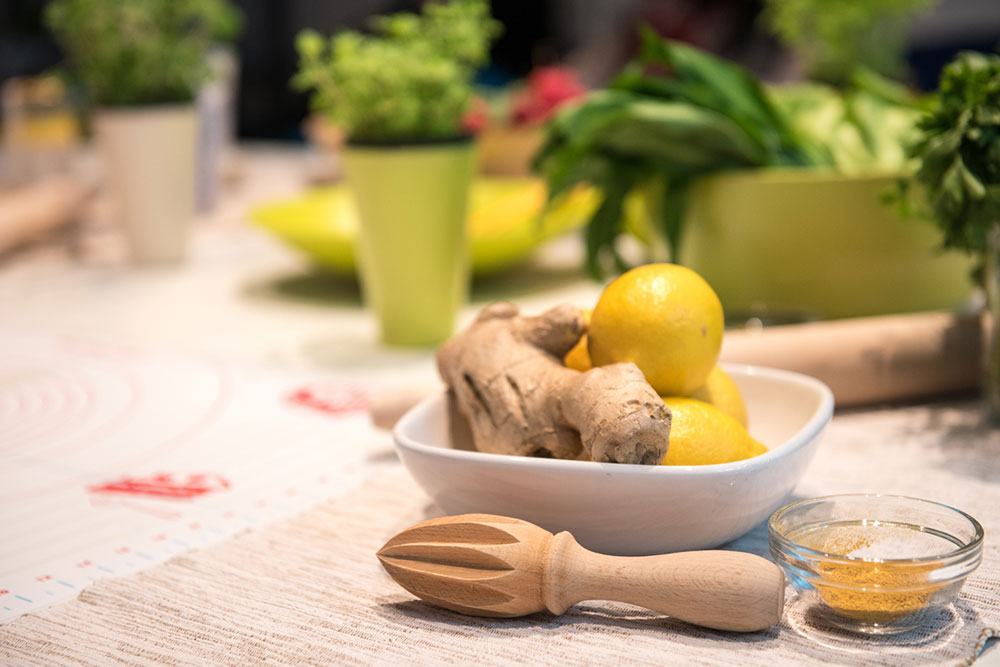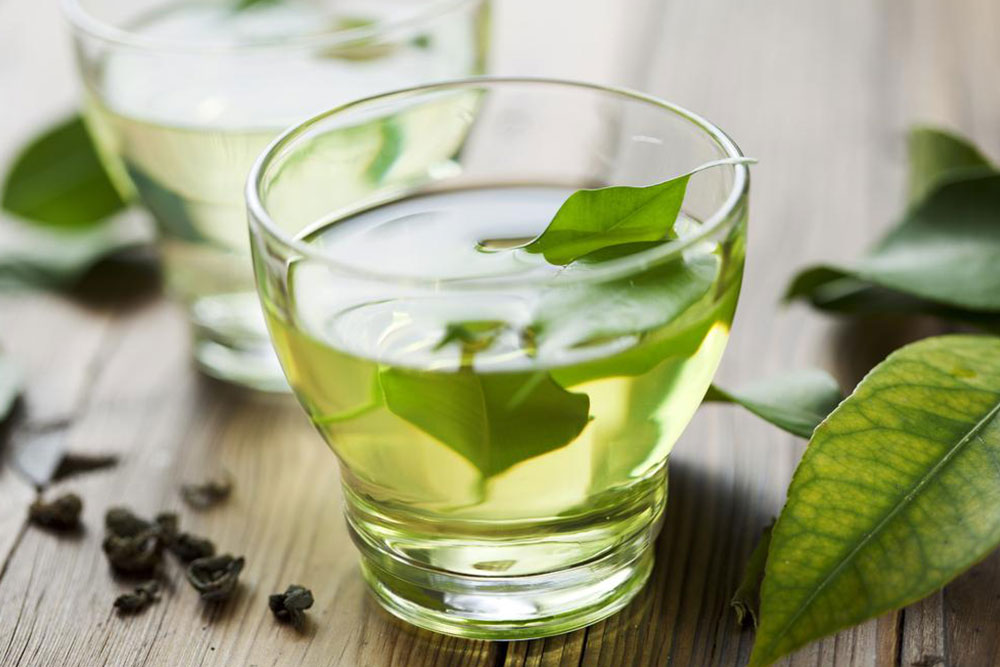Effective Natural Remedies and Lifestyle Tips for Managing Hernia Symptoms
Explore comprehensive natural remedies and lifestyle adjustments to alleviate hernia symptoms at home. From dietary changes to herbal treatments and stress management, learn effective strategies to support healing and reduce discomfort without surgery. Always consult a healthcare professional for personalized advice.

Comprehensive Natural Approaches to Ease Hernia Discomfort and Support Healing at Home
A hernia is a medical condition characterized by the protrusion of tissue or an organ through a weakened area in the abdominal or groin wall. This condition typically manifests as a bulge or swelling in the affected area and can cause significant discomfort and health risks if left untreated. Hernias are commonly found in regions such as the groin (inguinal hernia), umbilicus (umbilical hernia), or along surgical scars (incisional hernia). They also include hiatus hernias that affect the upper stomach and esophagus. Understanding the causes, types, and symptoms of hernias is crucial for managing them effectively.
Hernias often develop due to an interplay of factors including physical strain from heavy lifting, persistent coughing, poor posture, trauma, or genetic predisposition. Lifestyle choices such as smoking, obesity, and respiratory conditions like chronic bronchitis contribute significantly to their onset. While surgical repair is the definitive treatment for many hernias, there are multiple natural strategies that individuals can adopt to alleviate symptoms, improve comfort, and promote healing without immediate surgery. These approaches focus on lifestyle modifications, dietary adjustments, and home remedies that enhance recovery potential and reduce discomfort.
Understanding Different Types of Hernias
Hernias are classified based on their location and nature. Inguinal hernias occur in the groin region and are most prevalent, particularly among men. Femoral hernias, which also occur in the groin, pose higher risks for women if untreated. Umbilical hernias appear near the navel and are common in infants but can affect adults as well. Incisional hernias happen at the site of previous abdominal surgeries. Hiatus hernias involve the upper part of the stomach pushing through the diaphragm into the chest cavity, often leading to acid reflux and other digestive issues.
Common Causes and Risk Factors
The development of a hernia is primarily caused by increased pressure within the abdomen or a weakening of the abdominal wall. Factors contributing to hernia formation include:
Heavy lifting or strenuous physical activity without proper technique
Chronic coughing or respiratory issues that increase intra-abdominal pressure
Poor posture and muscle weakness
Trauma or injury to the abdominal region
Genetic predisposition leading to weaker connective tissues
Obesity, which adds strain on the abdominal wall
Lifestyle habits like smoking that impair tissue strength and healing
Understanding these factors can help in taking preventive measures and managing existing hernias through natural means alongside medical guidance.
Natural Home Remedies and Lifestyle Adjustments for Hernia Relief
While surgical intervention remains the most effective treatment for many hernia cases, numerous natural remedies and lifestyle modifications can significantly reduce symptoms, prevent worsening, and support the healing process. It is essential always to consult a healthcare professional before starting any home-based remedy, especially if symptoms worsen or complications arise. Below are effective strategies to incorporate into daily routines for those seeking relief through natural approaches.
1. Castor Oil Packs
Castor oil has long been known for its anti-inflammatory and healing properties. Applying castor oil packs on the affected area can help reduce inflammation, improve circulation, and promote tissue repair. To use, soak a clean cloth in cold-pressed castor oil, place it on the hernia site, cover with plastic wrap, and apply gentle heat with a warm compress for about 30 minutes. Regular use can help alleviate pain and support healing naturally.
2. Aloe Vera for Soothing and Anti-Inflammatory Benefits
Aloe vera is renowned for its soothing anti-inflammatory properties. Consuming fresh aloe vera juice before meals can aid digestion, reduce inflammation, and soothe irritated tissues within the gastrointestinal tract. Additionally, topical application of aloe vera gel may provide relief from external swelling and discomfort associated with hernias.
3. Cold Compresses for Temporary Relief
Applying an ice pack or cold compress to the affected area can help decrease swelling, ease pain, and constrict blood vessels temporarily. It’s an effective method to manage flare-ups, especially after physical activities that exacerbate symptoms. Remember to wrap the ice in a cloth to prevent skin damage and limit application time to 15-20 minutes per session.
4. Ginger Root for Digestive Health
Ginger is a natural remedy for reducing stomach pain, nausea, and promoting healthy digestion. Incorporating fresh ginger into your diet—whether grated into meals or brewed as tea—can help decrease the severity of hernia symptoms. Ginger also has anti-inflammatory effects that support tissue health.
5. Licorice Root to Support Tissue Repair
Licorice root is used traditionally to soothe the gastrointestinal lining and reduce inflammation. Drinking licorice root tea may support tissue regeneration and help repair damage caused by hernias, especially in cases with esophageal involvement. However, it’s essential to consult a healthcare provider since excessive consumption can have side effects.
6. Maintaining a Healthy Weight
Obesity significantly increases intra-abdominal pressure, worsening hernia symptoms and complicating recovery. Achieving and maintaining a healthy weight through balanced nutrition and regular exercise reduces the strain on the abdominal wall. Weight loss can also improve posture and overall well-being, directly contributing to symptom relief.
7. Dietary Modifications
Adjusting your diet is crucial for managing hernia symptoms. Avoid spicy, acidic, and hard-to-digest foods that can irritate the gastrointestinal lining and exacerbate inflammation. Instead, focus on a nutritious, fiber-rich diet that promotes regular bowel movements and prevents straining, which could worsen hernias.
8. Incorporating Black Pepper for Improved Digestion
Black pepper contains piperine, which can enhance digestion and reduce gastrointestinal inflammation. Adding black pepper to your meals can help strengthen the hernial walls and alleviate acid reflux symptoms, providing a natural method to support digestive health and symptom relief.
9. Managing Stress Levels
High stress can impair immune function, increase muscle tension, and worsen hernia symptoms. Techniques such as yoga, meditation, deep breathing exercises, and aromatherapy help reduce stress and promote relaxation. Lowering stress levels supports overall healing and improves your body’s response to natural remedies.
10. Gentle Physical Activity and Exercises
Avoid strenuous activities that put excessive pressure on the abdomen. Instead, engage in gentle exercises like yoga, stretching, and walking to strengthen the core muscles and improve posture. These activities can help prevent further hernia development and promote better overall health during recovery.
11. Staying Hydrated and Consuming High-Fiber Foods
Proper hydration is vital for maintaining healthy digestion and regular bowel movements. Drinking plenty of water, along with consuming fibrous fruits and vegetables, reduces straining during bowel movements, decreasing the risk of hernia worsening or recurrence.
12. Juicing for Nutritional Support
Fresh vegetable juices loaded with greens like kale, spinach, carrots, and cucumbers provide an abundance of essential nutrients and antioxidants. Regular consumption of these juices can reduce inflammation, improve digestion, and help support tissue healing, offering a natural way to manage hernia symptoms effectively.
In conclusion, while hernias often require medical intervention, integrating these natural remedies and lifestyle modifications can significantly enhance comfort, reduce symptoms, and support the healing process. Combining proper medical care with holistic approaches enables individuals to manage hernia symptoms effectively and maintain a better quality of life.





